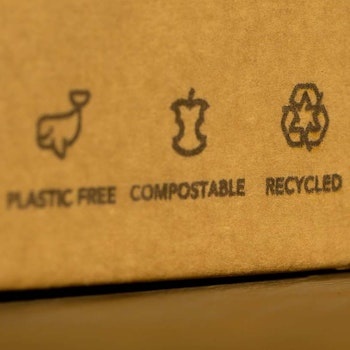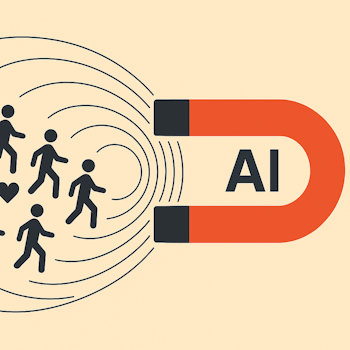
The European Green Deal has an ambitious aim. Approved in 2020, it presented a set of policy initiatives with the intention of making the European Union climate neutral by 2050. Part of this is the Corporate Sustainability Reporting Directive (CSRD), new EU legislation which will require more detailed sustainability reporting. Coming into effect in January 2024, companies will have to report on their impact on the environment, human rights, social standards and work ethics and will apply to all larger companies (with over 250 employees and a 40 million euro turnover - approx. 50,000 companies). Despite increased sustainability demands from a legislative perspective, there is still reluctance from companies to fully embrace a sustainable future. However, a new report by Accenture and the World Economic Forum shines some light on this topic and challenges the idea that companies must choose between profitability and sustainability. Using CloudArmy’s online neuro testing tools to investigate the sustainability “say-do” gap, implicit barriers towards sustainable transformation were uncovered from a diverse group of 280 senior executives. The “say-do” sustainability gap is a discrepancy between what people say they're going to do and what they actually do in practice. The research found that whilst these senior executives associated sustainable business with the challenges of being slow and unreliable, sticking to ‘business as usual’ was also not seen as easy as it was associated with being more complex and more costly. It appears we may have hit an implicit tipping point, where the perceived implicit benefits of adopting sustainable business practices are starting to out-weigh the implicit barriers or costs of doing nothing at all.
Often the subtleties and nuances that underpin our decision-making are unable to be detected using traditional self-report methods. Implicit testing techniques like the Implicit Association Test (IAT) can complement traditional surveys by measuring automatic associations people may not self-report. It was originally developed as a tool to detect subconscious biases that impact decision-making and has been used, for example, by Harvard University in Project Implicit which seeks to uncover racism in organizations like local police forces in the US.
These tools are particularly relevant for subjects like sustainability, where biases such as social desirability are strong. According to Dr. Michael Smith, a scientific and business advisor to CloudArmy, “by measuring implicit attitudes, individuals and organizations can better identify and understand unconscious biases that may be hindering progress towards sustainability goals”.
The power of implicit research lies in its ability to uncover hidden barriers towards sustainability. Several studies find evidence that respondents exaggerate their preference for green products when asked directly, as explicit positivity towards green products is often not fully reflected in actual behavior. However, implicit attitudes appear to better predict actual green product choices than explicit ratings, especially for choices made under time pressure like in supermarkets. Research has been able to uncover an implicit positivity towards products marketed as “green” - explaining why green-washing for brands can be a concern.
Another hidden barrier to sustainability which has been revealed through implicit testing is its close association with gentle and green, which signals less strong or effective results for certain products e.g. household cleaners. This type of implicit association has been dubbed a potential “sustainability liability” and presents a challenge to be overcome for brands trying to balance the careful mix of green branding.
Additionally, research has revealed barriers such as perceiving sustainability as feminine. In a paper titled ‘Is Eco-Friendly Unmanly?', the authors explore the green-feminine stereotype and its effect on sustainable consumption. Due to concepts of greenness and femininity being cognitively linked, they found that consumers who engage in green behaviors are stereotyped by others as more feminine and even perceive themselves as more feminine. This has been suggested to be one of the reasons why men are less likely than women to embrace environmentally friendly products and behaviors - this green-feminine stereotype may motivate men to avoid green behaviors in order to preserve a more masculine image.
If we have indeed hit an implicit tipping point when it comes to sustainability, then there’s never been a more opportune time for brands to uncover the hidden barriers. Implicit testing methods offer a strategically effective way to navigate the complex sustainability landscape with more confidence and ease.
Also: learn more about our work with Accenture in this podcast episode with Dominic King.







